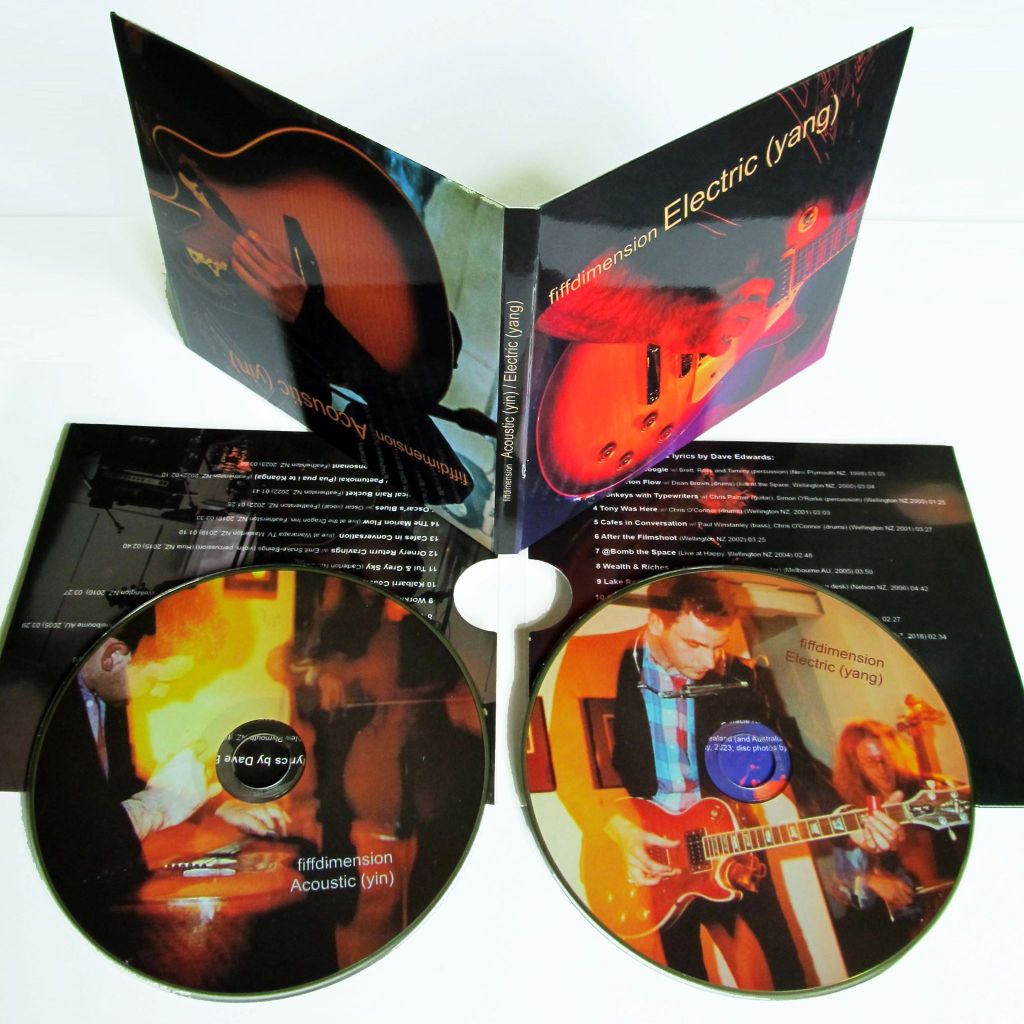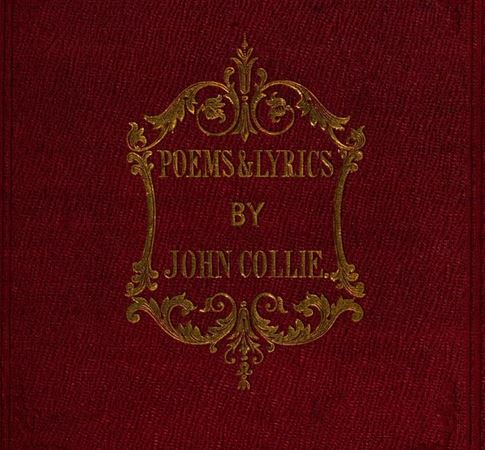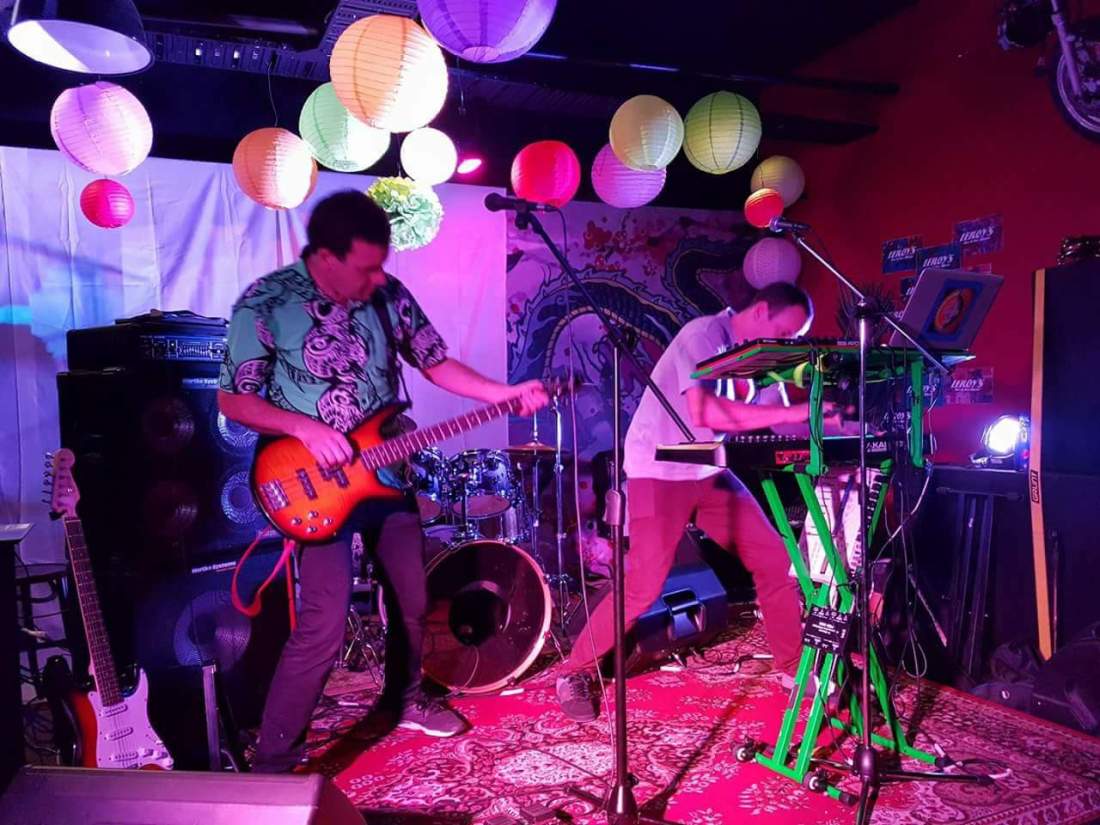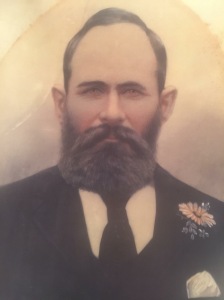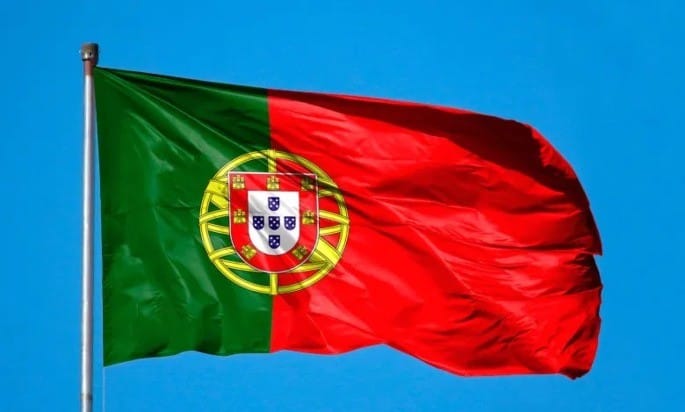Celebrating 25 years of fiffdimension!
Electric (yang) / Acoustic (yin)
“Double disc collection of more than two decades’ worth of live and studio-recorded tunes by Dave Edwards, who you may have heard recently as part of The Troubled Times with Antony Milton. It’s quite a diverse listen!
“You get some concise and catchy pop songs, some full-on rockers, banjo excursions, improv freak-out, poetry, acoustic blues, folk songs, scrambled noise… there’s something here for everybody. A good intro to Dave’s dauntingly deep discography.”
– Howard Stelzer, Noisy Bandcamp.
A collection of short tracks by Dave Edwards and collaborators.
Produced by Antony Milton; and features Paul Winstanley, Chris O’Connor, Simon O’Rorke,Chris Palmer, Sam Prebble, Mike Kingston, Francesca Mountfort, Damian Stewart, Emit Snake-Beings, Nat da Hatt, Steve Duffels, and Oscar (the dog).
2CD double album. 35 tracks spanning 25 years. Comes in gatefold card case with full colour photography by Jechtography and James Gilberd. Includes download of the digital album.
Continue reading “2CD compilation 1998-2023”


